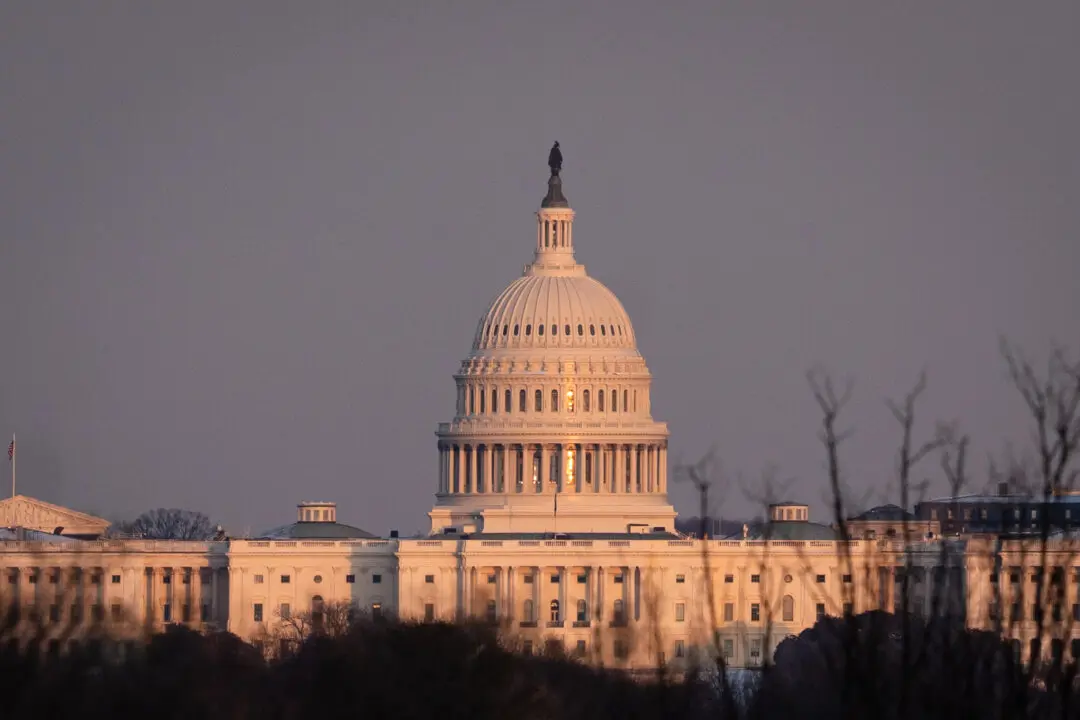President Joe Biden and his administration impressed climate activists and irked former President Donald Trump and the energy industry by announcing a Jan. 26 pause on pending and future liquefied natural gas (LNG) export permit approvals.
White House officials want to embark upon a months-long evaluation of the environmental and economic effects of the LNG shipments. The decision has already morphed into a hot political issue heading into the 2024 election campaign, with President Trump promising to approve new projects on his “very first day back” and the industry warning of the method’s consequences.





